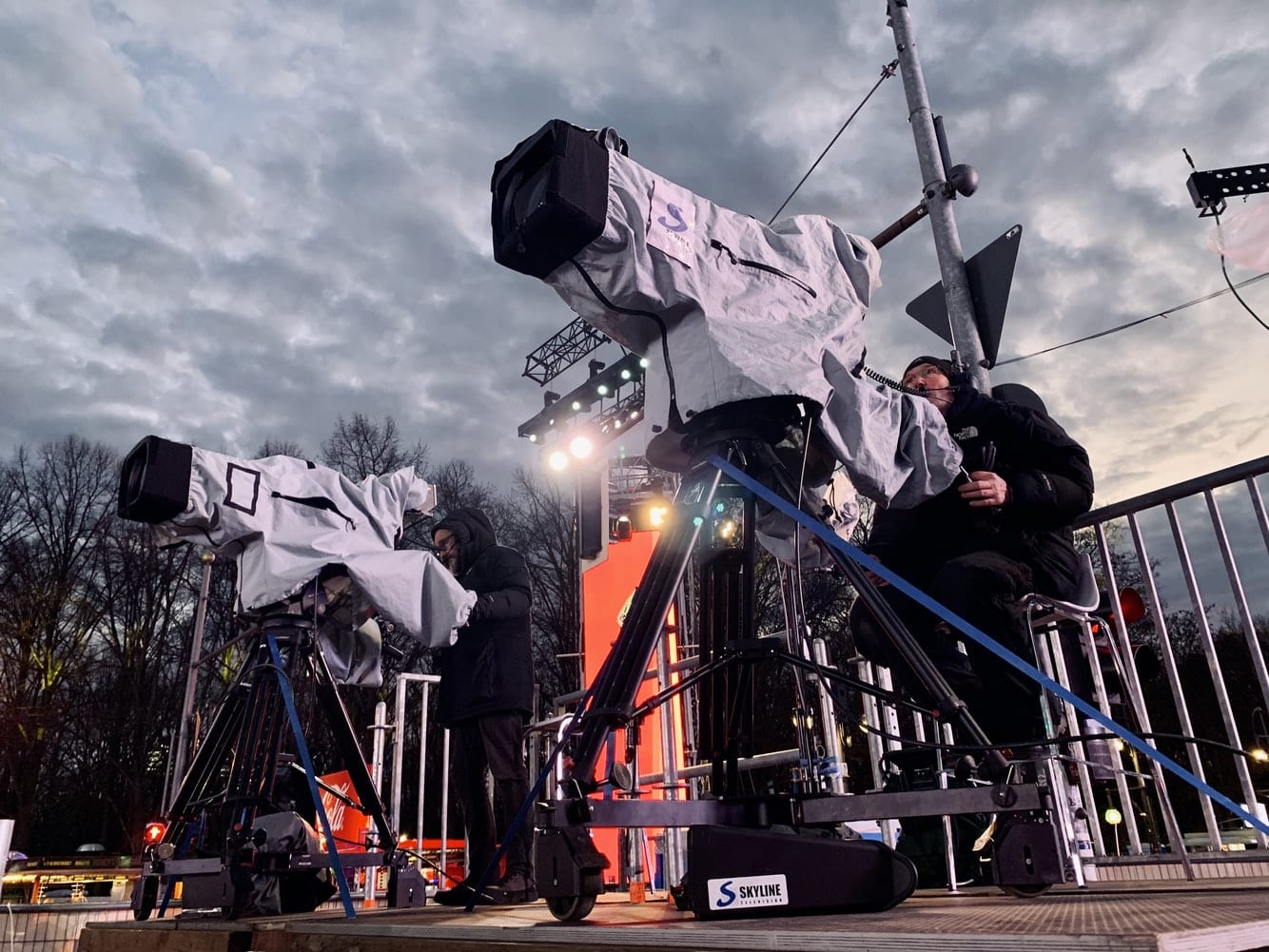Behind the Scenes: The Magic of Effective Event Productions
Behind the Scenes: The Magic of Effective Event Productions
Blog Article
Understanding Just How Events Production Functions: A Comprehensive Summary of the Refine
The intricacies of event production demand a methodical method that integrates multiple stages, each playing a vital function in the general success of an event. Comprehending the nuances of budgeting, resource allotment, and on-site management is important for any type of expert in this field.
Initial Planning and Principle Growth
Reliable first preparation and idea advancement function as the foundation for effective occasions production. This stage involves defining the occasion's objective, target market, and preferred outcomes. A clear vision is important; it guides all succeeding choices and assists align the group's initiatives toward a common objective.
Throughout this phase, brainstorming sessions can be invaluable. Involving stakeholders, consisting of clients, sponsors, and potential participants, fosters a joint atmosphere that generates cutting-edge concepts. Additionally, thorough marketing research must be carried out to understand trends, choices, and prospective difficulties.
When the concept is established, it is critical to develop a thorough event overview. This outline must include the occasion's style, layout, and essential activities. Establishing a timeline is equally important, as it helps to handle tasks and target dates effectively.
Budgeting and Resource Allotment
With a solid principle in location, focus needs to turn to budgeting and resource allowance, which are vital elements in executing the occasion efficiently. A well-defined budget offers as a roadmap, describing all expected expenses and available sources - Event Productions.
Resource allotment includes appointing both human and monetary sources to different tasks and elements of the event. Prioritization is vital; necessary components must receive appropriate financing while less vital aspects might call for an extra traditional method. Backup preparation is critical-- allocating a section of the budget for unanticipated expenses can reduce economic dangers.
On top of that, reliable interaction amongst staff member regarding budget plan restraints fosters collaboration and technology. This advertises the liable use sources and urges innovative options to stay within budget plan. Ultimately, a critical approach to budgeting and resource allowance lays the foundation for an effective event, enabling organizers to concentrate on providing a memorable experience for participants while preserving economic stability.
Logistics and Coordination
Navigating the complexities of logistics and coordination is crucial for the seamless implementation of any kind of occasion. This phase includes meticulous planning and company to ensure that all parts operate in consistency. Secret components consist of location choice, transportation setups, and the scheduling of different tasks.
Efficient logistics starts with a complete assessment of the location's constraints and abilities. This consists of understanding the format, gain access to points, and offered sources. When the venue is confirmed, transport logistics have to be developed, including the activity of participants, tools, and products. Working with these components calls for partnership with suppliers, vendors, and transport services to ensure prompt deliveries and pick-ups.
Another critical aspect is the development of a comprehensive timeline that outlines all logistical elements leading up to the event. This timeline works as a roadmap, detailing key turning points and due dates for tasks such as devices arrangement, catering solutions, and audiovisual setups. Routine communication with all stakeholders is important to attend to any potential concerns proactively.
Implementation and On-Site Monitoring
Effective implementation and on-site administration are crucial for transforming careful plans right into reality during an occasion. Their capability to make real-time decisions can dramatically affect the event's success.
A well-defined schedule is important, working as a roadmap for all activities. Event managers should guarantee that arrangement takes place on schedule, adhering to timelines for audio checks, providing deliveries, and visitor arrivals. Reliable problem-solving abilities are also crucial; unexpected difficulties can my link occur, needing quick thinking and adaptability to preserve the event's flow.
Furthermore, attention to visitor experience is extremely important. Keeping an eye on guest communications, making sure safety and security protocols are followed, and providing assistance staff to attend to problems cultivates a positive atmosphere. This degree of engagement not just enhances the total experience but also mirrors the professionalism right here of the event group. Event Productions. Ultimately, effective implementation and on-site administration depend upon thorough preparation, reliable interaction, and a commitment to providing an extraordinary event for all involved.

Post-Event Evaluation and Responses
The end result of any kind of occasion exists not just in its execution however additionally in the detailed analysis that adheres to. Post-event evaluation is vital for figuring out the overall success of the event and determining areas for enhancement. This process normally includes event responses from different stakeholders, consisting of participants, suppliers, and employee, to gain a comprehensive viewpoint on their experiences.
To structure the assessment, event coordinators often use meetings and studies, focusing on vital performance indications such as guest contentment, logistical performance, and budget adherence. Analyzing this data allows planners to evaluate whether the event met its objectives and to understand the strengths and weak points of the implementation.
By systematically resolving comments and implementing adjustments, event specialists can improve their strategies, inevitably leading to more impactful and effective events. In verdict, post-event assessment is an essential action in the event manufacturing process that makes sure ongoing development and excellence in future ventures (Event Productions).
Conclusion

The intricacies of event manufacturing demand a methodical strategy that integrates numerous phases, each playing a vital duty in the overall success of an event.With a strong principle in location, focus must transform to budgeting and source allocation, which are crucial parts in performing the event effectively.Source allocation includes designating both human and financial resources to different jobs and parts of the event. Eventually, a calculated strategy to budgeting and resource allotment lays the groundwork for a successful occasion, making it possible for planners to focus on providing an unforgettable experience for guests while this contact form keeping economic honesty.

Report this page